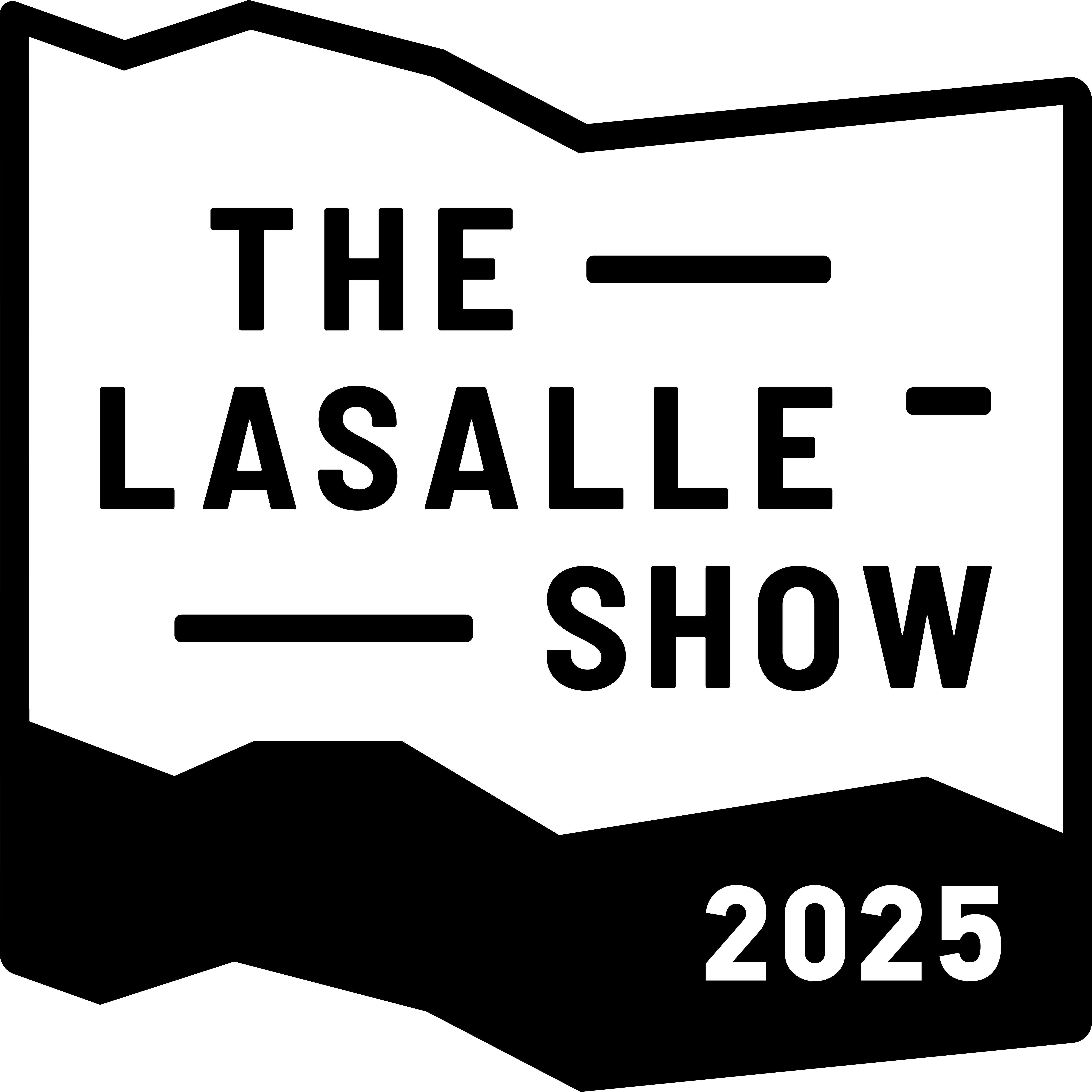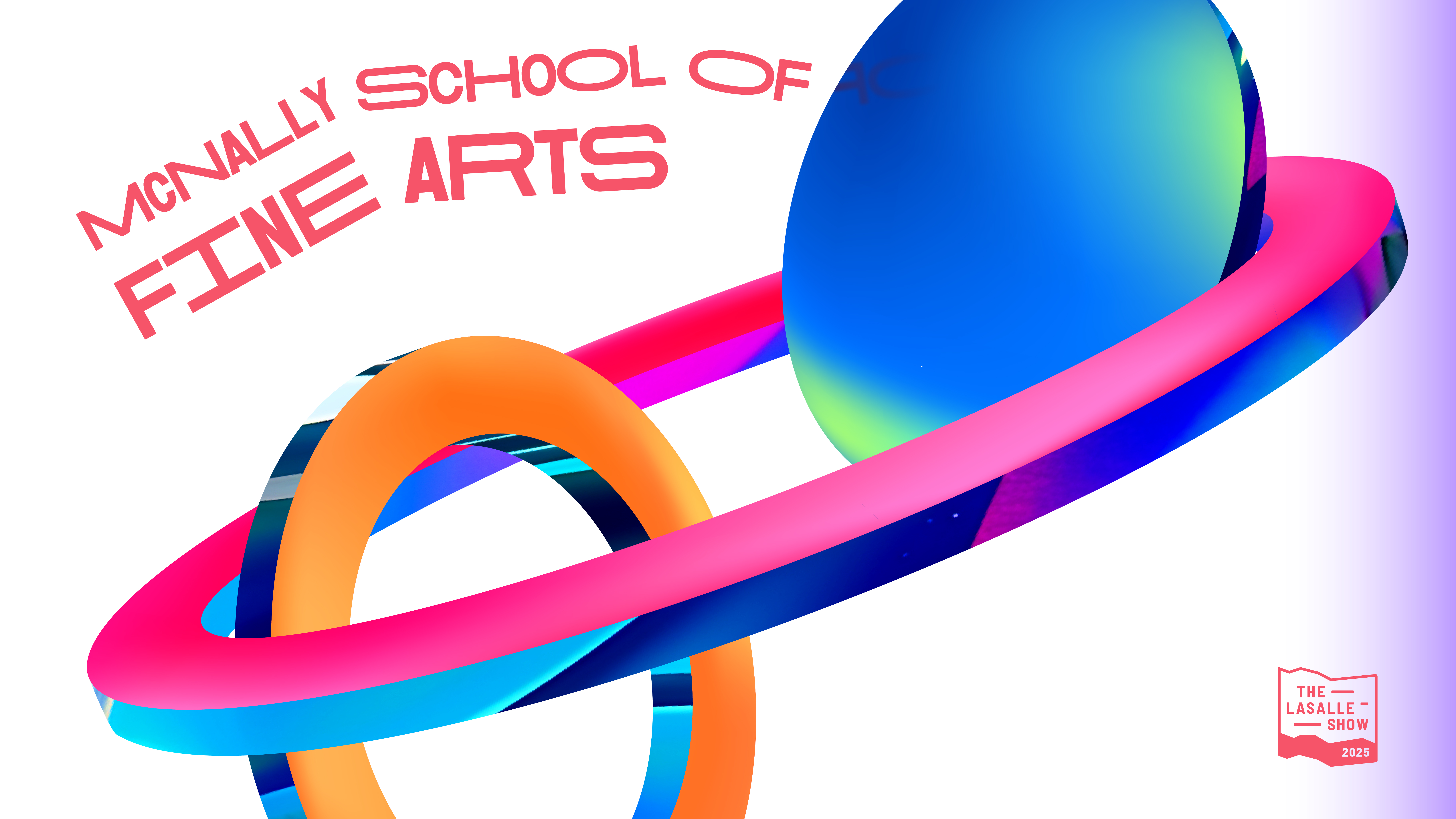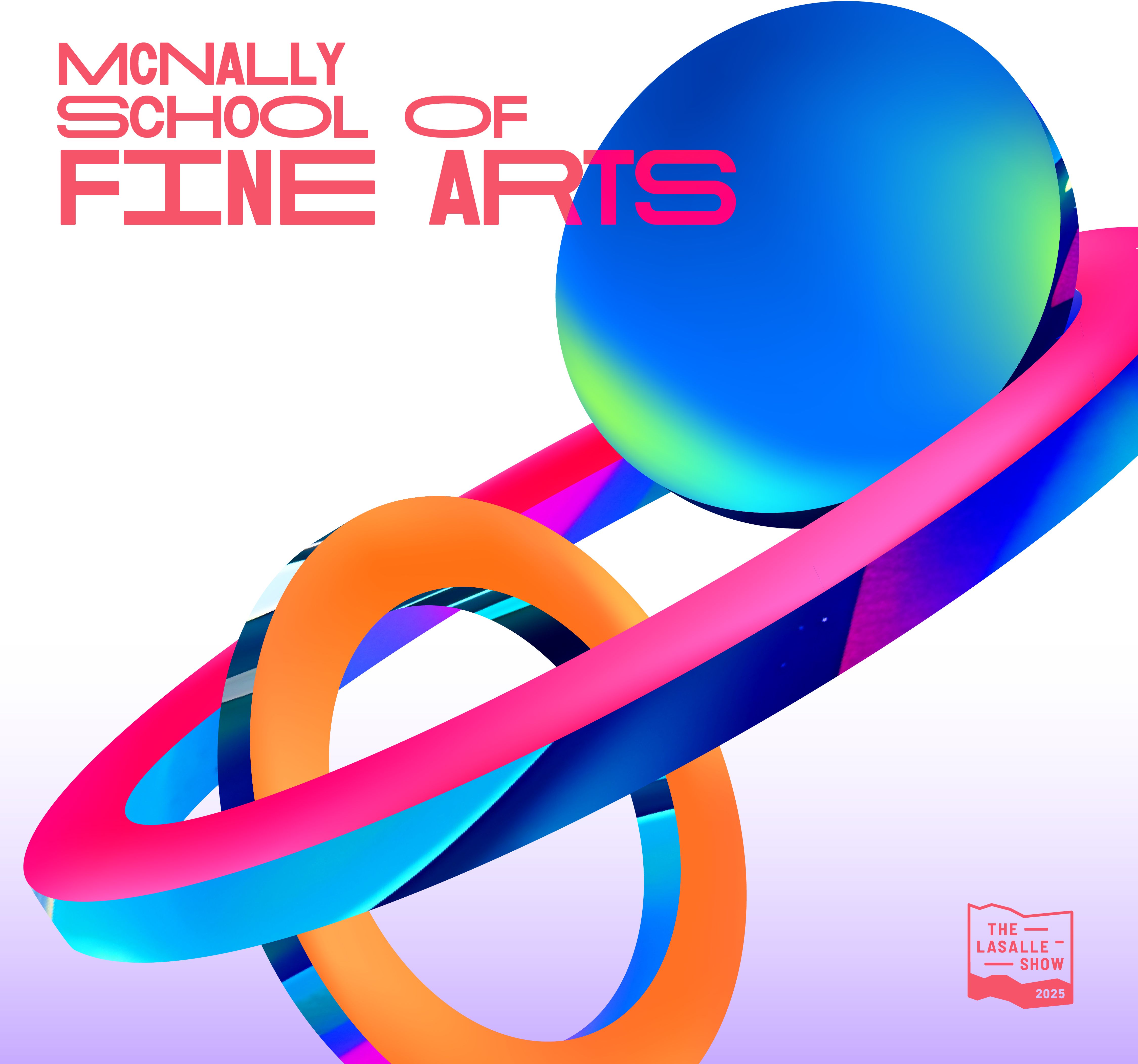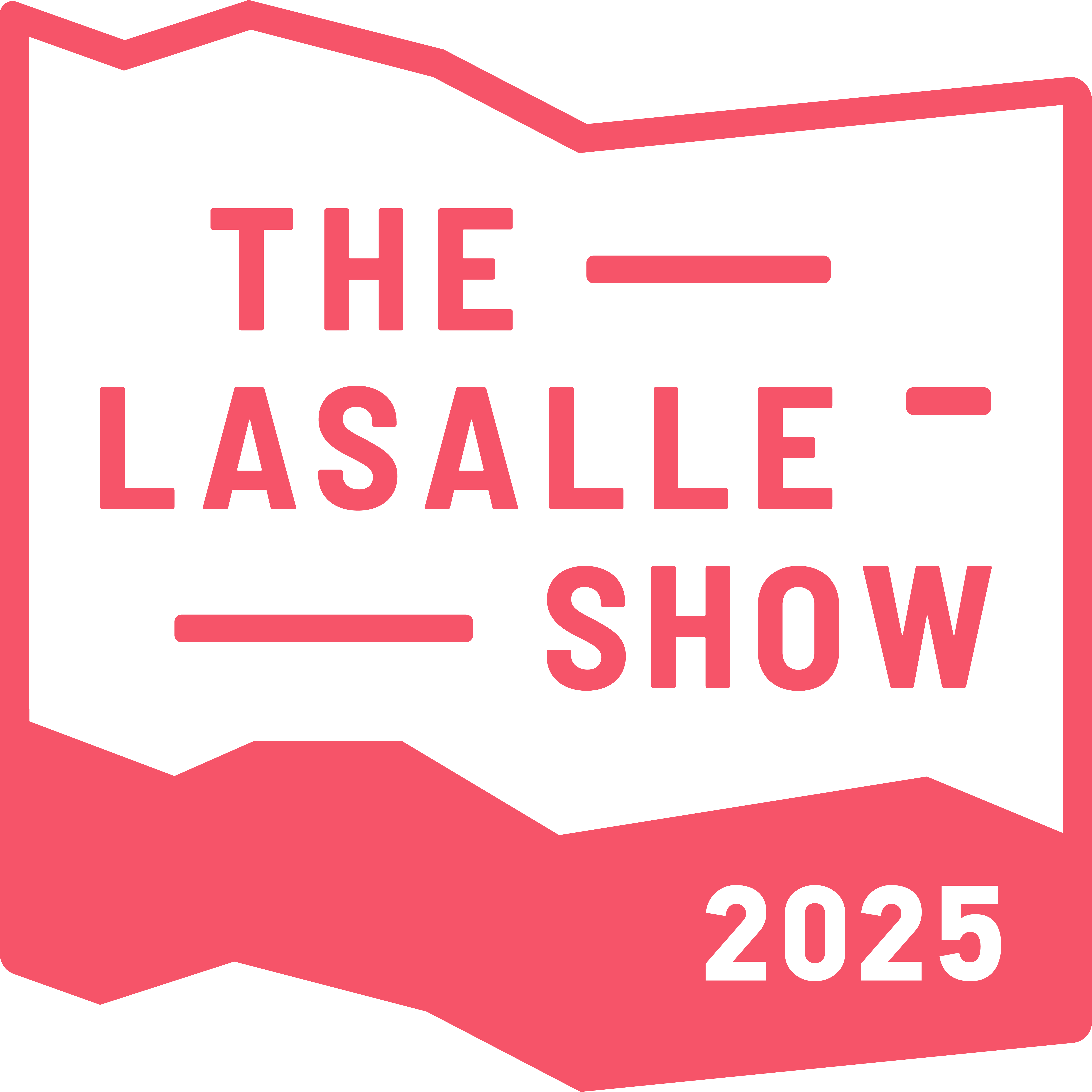McNally School
of Fine Arts
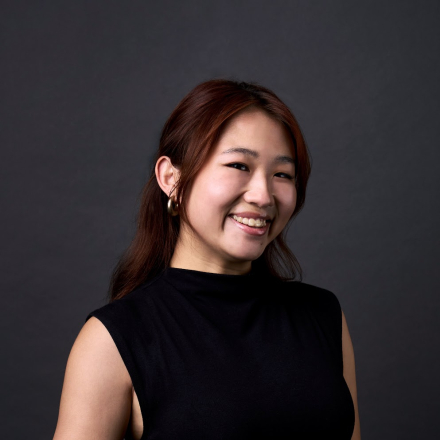
Sabrina Yin Fung Hung
Sabrina Yin Fung Hung
MA Asian Art Histories
2025
Sabrina is a gallerist with several years of experience in the visual arts industry.
She earned her undergraduate degree in sociology from the London School of Economics and went on to pursue postgraduate studies in early modern art history at the Courtauld Institute of Art in London. After returning to Hong Kong, she committed herself to a career in the arts.
Driven by a passion for supporting emerging artists, Sabrina has organised events, exhibitions and art fairs internationally. Over time, she developed an interest in the art history of Southeast Asia, which led her to LASALLE College of the Arts' MA Asian Art Histories programme. Her research focuses on postcoloniality, collaborative practices and Malaysian art history.

